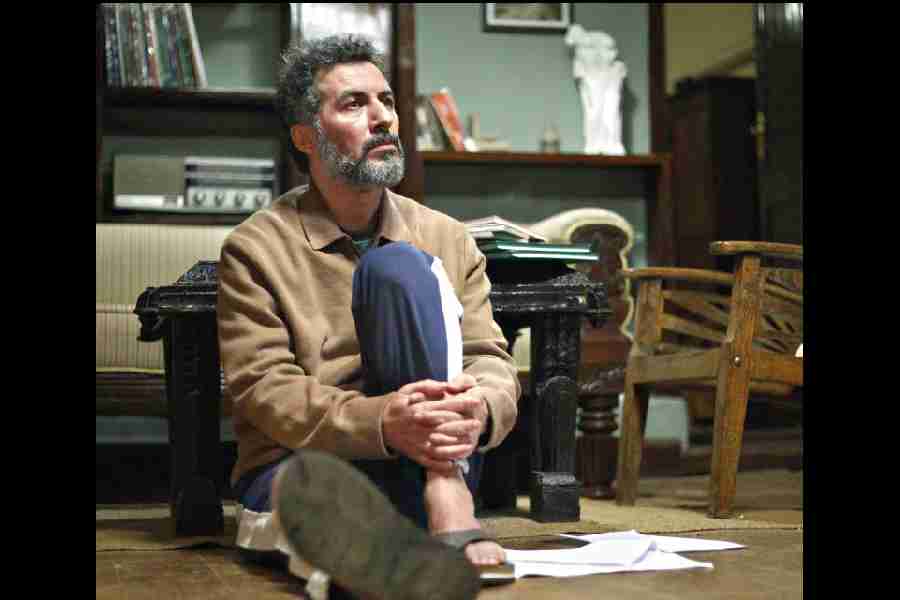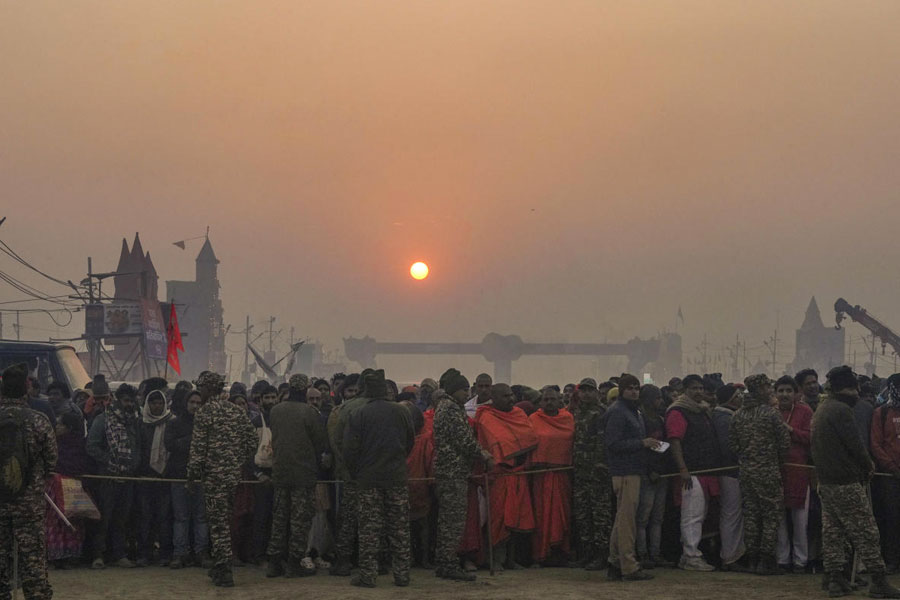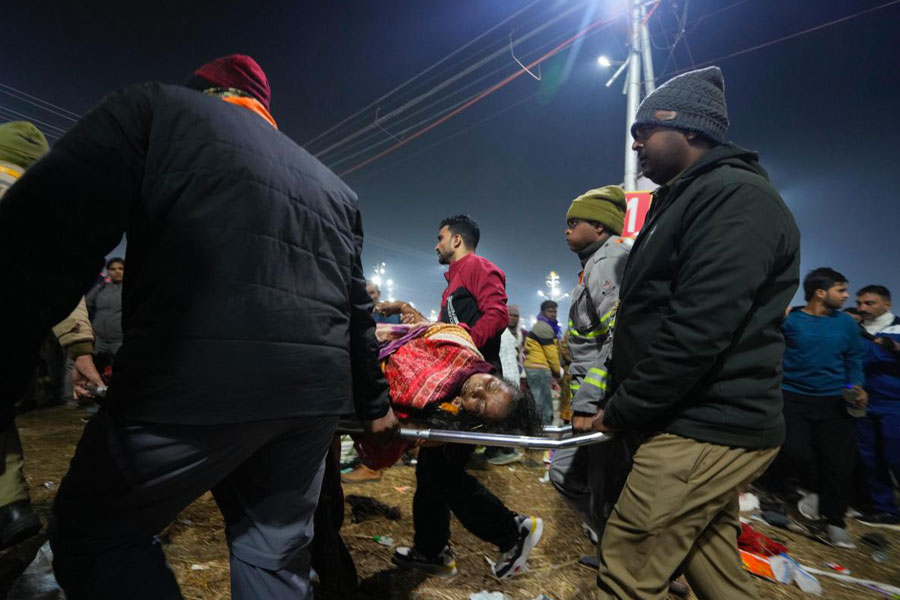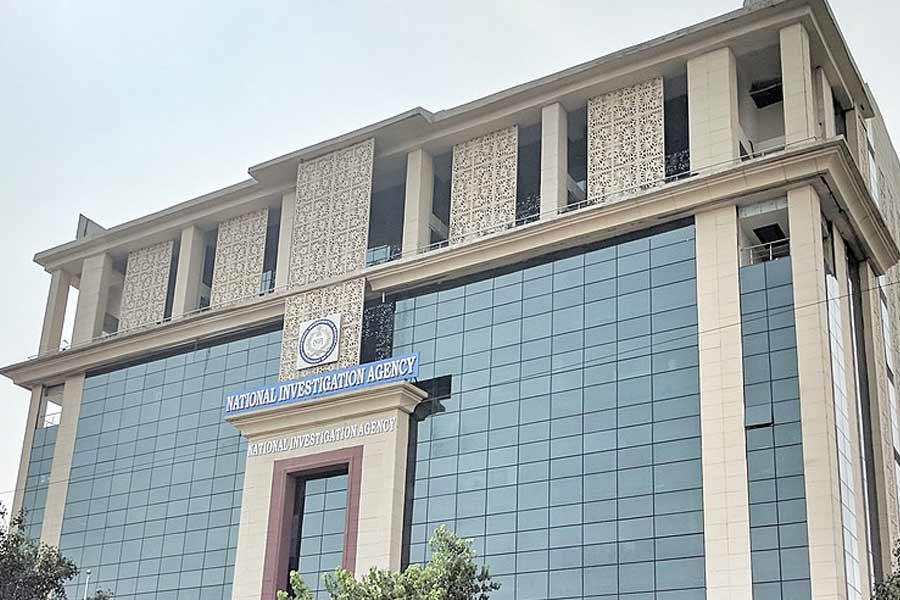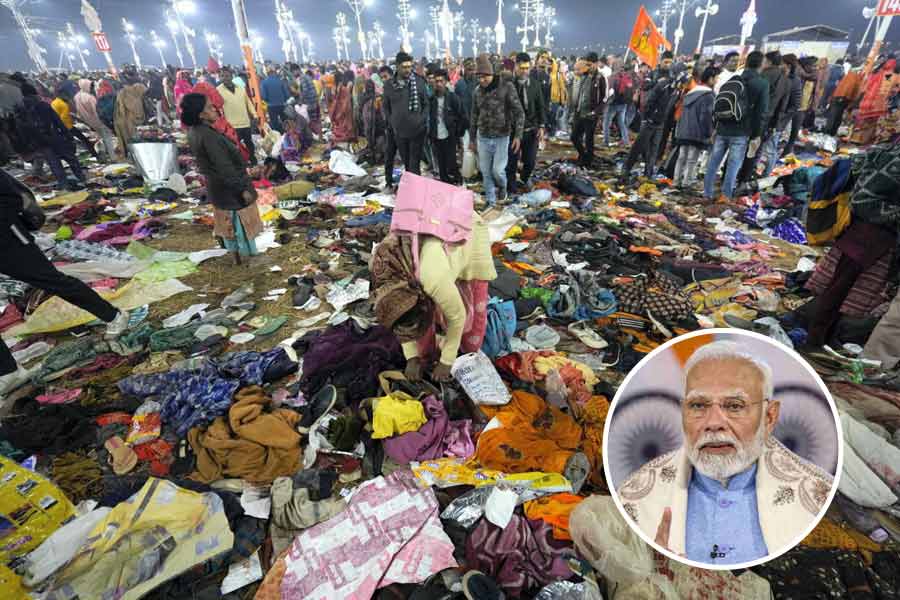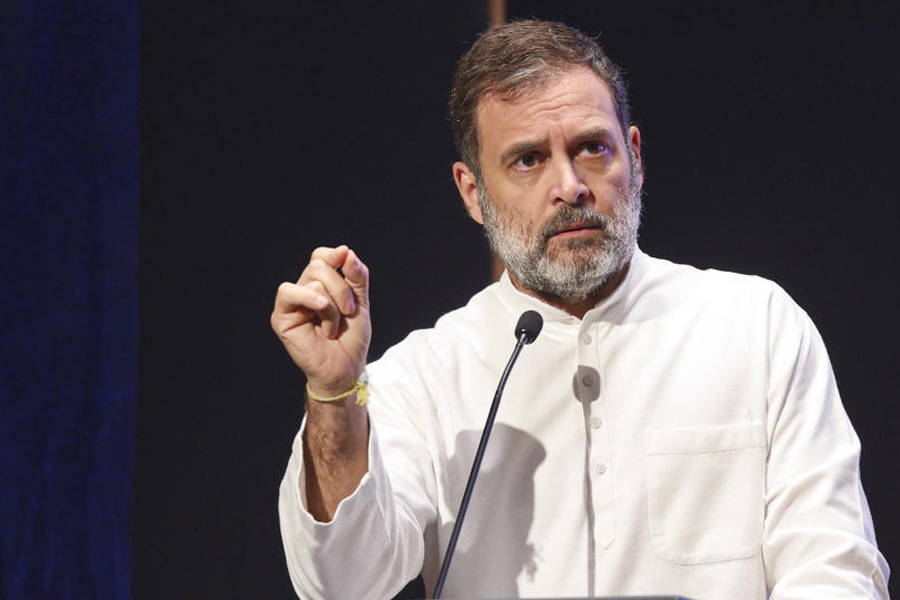Avinash Arun Dhaware is the man behind School of Lies. The cinematographer-film-maker, whose directing credits include the highly-acclaimed Marathi film Killa and the standout web series Paatal Lok, chatted with The Telegraph on the genesis and world of his new series and why the long-format medium benefits a story like School of Lies.
School of Lies is bleak and brutal and explores boarding school life in a way that we haven’t seen on our screens before. What made you want to explore this idea and develop it into a series?
I was very curious about the culture of boarding schools and what goes on there. I haven’t studied in a boarding school and when you don’t have a certain experience, then you naturally get intrigued by it. Your imagination comes into play. Parents telling their kids that they will be sent to boarding school if they don’t behave is a very common threat. Also, we have seen how life in boarding school changes a person’s outlook, gives them confidence and hones one’s survival instinct.
It’s a very different world. There are constant adjustments that one needs to make in boarding school. One is exposed to fellow students from all across the world, those who come from backgrounds which could be very different. One question always played on my mind: ‘Kitne bachche khud ki marzi se boarding school jaate hain?’ I always wanted to explore that, as well as the impact on the psychology of a child when he or she has to adjust to life in a boarding school.
In School of Lies, I have explored the unique story of three-four kids who come from backgrounds which are pretty sensitive and these kids themselves are very sensitive. When you are more sensitive, then you tend to be more reactive, and that’s what unspools in the series.
This is a story with multiple threads that finally circle back to a common point. What were the narrative challenges?
The first challenge was to be authentic to the world in which the story is set and weave the story in an interesting manner. We visited a couple of boarding schools, interacted with old boys and we gathered a lot of information, with much of the credit going to the writer and co-creator of the show, Ishani Banerjee, and the rest of our writing team. With a lot of legwork and research, they have strived to create this world authentically.
What were the most revealing things that you uncovered as part of your research?
We realised that In India, not a large number of kids, especially very young and impressionable kids, go to boarding school. I am talking about children between the ages of seven and 14. That is the age when their inner world starts interacting with the world outside. A child’s personality starts taking shape then, and they start demarcating between what is right and what is wrong.
We got to hear a lot of stories and anecdotes from kids who are now in boarding schools as well as old boys. We supplemented that with our story but always took care that what we were saying remained authentic.
And you always wanted this to be a web series?
It’s very difficult to tell a story like this in a feature film format, especially with the constraints and the standards of storytelling that Hindi films have. Most producers would think that a subject like School of Lies wouldn’t be commercially viable as a film.
Also, the truth is that in India, we have no films for children. It’s such a big gap. There are no films that explore and address the psychology of children and the problems that they face. Except for cartoons, we don’t have material for children to watch. We grew up listening to film songs and watching Hindi films, but we didn’t have much else that was made for us. In my childhood, I don’t remember anything other than Malgudi Days that was there for kids to watch.
Children need to know what kind of a world is out there, and it is our responsibility as film-makers to portray that on screen. I thank Disney+Hotstar for trusting me with this idea, this thought and this world. Making this story in the form of a web series gave me the opportunity to explore and present different aspects of this world. School of Lies is very dense, and it leaves a very strong aftertaste.
When you watch a film in a movie hall, it’s a collective viewing experience with hundreds of others and your reactions to a scene or a situation in a film will be influenced by the reactions of those around you. Aapko shayad hasi nahin aa rahi hain, lekin aapke bagal waala agar hass raha ho toh aapko hasi aa jaati hain. But when you are sitting at home and watching something, it’s mostly alone or at the most with your partner. It’s a very personal experience and the film-maker can reach you directly. And that’s the advantage that the web gives us. Also, on streaming platforms, you can’t disrespect the audience’s intelligence or dumb down things for them.
Are there any particular kinds of stories you find yourself gravitating to more?
All kinds of stories attract me, as long as they come from an honest, intelligent, innovative space. My first film, Killa, which was a Marathi film was very different from Paatal Lok, which I also directed. In between, I made a film called Three of Us (starring Jaideep Ahlawat and Shefali Shah), which is also very different from anything I have made before. School of Lies is again totally unlike anything I have done before. I am now interested in making a musical. I think stories and genres appeal to me depending on where I am in life at that point, in terms of my intelligence, experience and emotions.
Was storytelling a natural progression from cinematography?
I was always interested in all aspects of film-making. When I was young, I didn’t know that a film was made by various departments collaborating together. When I did come to know, because of the background I came from and the kind of education that I had, I wasn’t confident that I could make it as a director. I used to think: ‘Even if I study direction, who will invest money in me?’ Film-making is a very expensive art form and I had no connections in the industry.
I felt that the most important aspect of film-making was camerawork and I decided to study that. I studied cinematography at FTII and actually, the first film that I shot (Killa), I ended up directing it too. But it took a few more years for me to direct again, and till then, working as a cinematographer benefited me in becoming the kind of director I am today.

